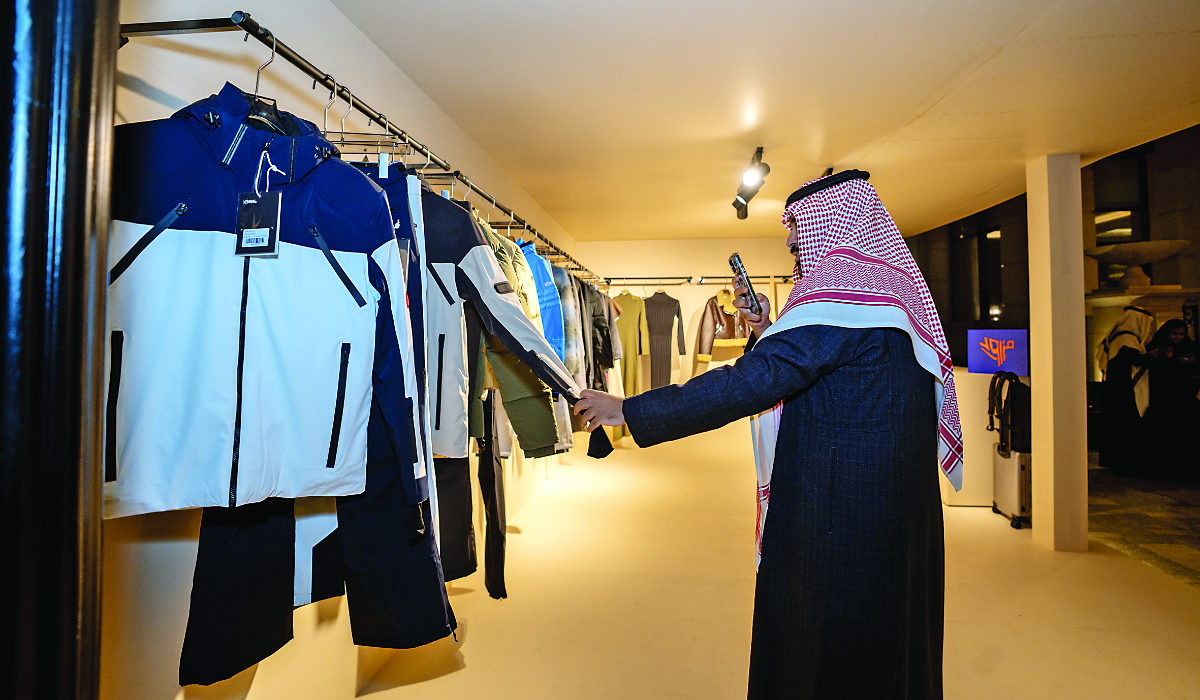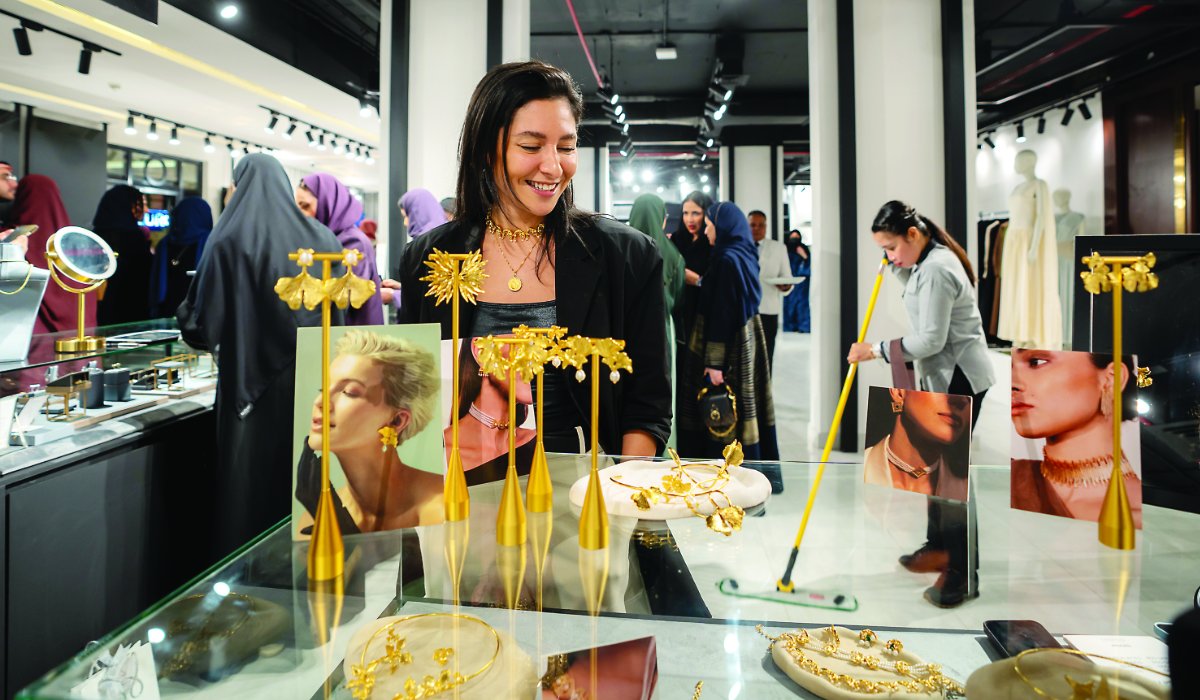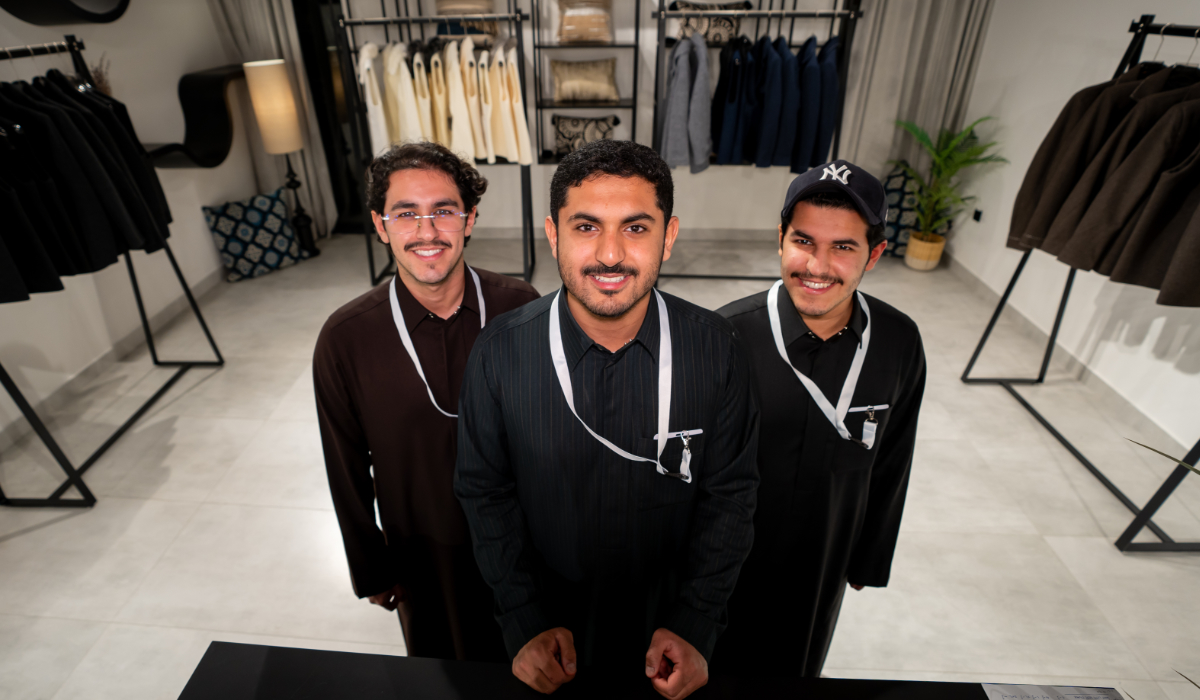MUHARRAQ: On a historical preservation tour around the Arabian Gulf region, the World Monument Fund recently visited the city of Muharraq in Bahrain before visiting Saudi Arabia.
A historically rich city with a story that dates to the late 19th century, Muharraq is the cultural heart of Bahrain.
Prior to gaining independence from British rule in 1971, Muharraq was Bahrain’s capital and center for public and governmental administrative, educational, and planning projects, before being replaced by Manama in 1923.

Bahrain's cultural heart, Muharraq, has a rich history dating back to the late 19th century. (AN photo by Abdulrahman Bin Shalhoub)
Though the city held many significant historical sites, its residents began to leave soon after and the area was left neglected.
Sheikha Mai bint Mohammed Al-Khalifa, president of the Bahrain Authority for Culture and Antiquities and chairperson of the Arab Regional Centre for World Heritage, founded the Sheikh Ebrahim bin Mohammed Al-Khalifa Center for Culture and Research in 2002, a non-profit organization, as a form of cultural renaissance.
Since its founding, the center’s purpose has been to form a space where thinkers could gather and share ideas in philosophy, literature, poetry, art, and culture.
FASTFACT
In discussion with the Royal Commission of AlUla and the Heritage Commission for future partnerships, the World Monument Fund is visiting AlUla as well as Historic Jeddah for the Islamic Arts Biennale.
The most significant aspect of its work, however, has been the house restoration projects in Muharraq and Manama, where 28 historical houses, many of which belonged to prominent Bahraini figures and families, have been brought back to life under the leadership of Al-Khalifa.

As the World Monuments Fund celebrates 60 years, the organization is committed to safeguarding heritage around the globe. (AN photo by Abdulrahman bin Shalhoub)
Over the weekend, a delegation from the World Monument Fund visited the Sheikh Ebrahim Center to see the restored houses firsthand.
Celebrating its 60th anniversary, the mission of the World Monuments Fund is to safeguard heritage all around the world, Benedicte de Montlaur, president of the fund, told Arab News.
Al-Khalifa was awarded the Watch Award by the World Monument Fund in 2015 and after a few visits to their offices in New York, she was asked to join them as a member of the board of trustees, making her the only Arab on the board.

Bahrain's cultural heart, Muharraq, has a rich history dating back to the late 19th century. (AN photo by Abdulrahman Bin Shalhoub)
In an interview with Arab News, Al-Khalifa said she felt it was her responsibility to keep them informed about the Arab world and all that it has to offer.
“The picture that travels to the world is not always true or complete, and in our Gulf countries there are many landmarks, monuments, and national identities that we would like to showcase,” she said.
The delegation first visited the Abdullah Al-Zayed House for Bahrain Press Heritage, the house of the first journalist to start a daily newspaper in the kingdom and which now hosts local and international speakers from the media sector.

Sheikha Mai bint Mohammed Al Khalifa poses for a group picture with visiting guests in Bahrain. (AN photo by Abdulrahman Bin Shalhoub)
Next up was the Kurar House, where Al-Kurar Ladies spend their time embroidering traditional Bahraini thobes and other garments by hand. Like the strings of an instrument, three women work on the thread separately, and one stitches them together simultaneously on the fabric, creating a harmonious rhythm.
The delegation also got to see the only room left of Sheikh Ebrahim’s original house, a room that dates back around 200 years.
Following the tour of the Sheikh Ebrahim restored houses projects, they also visited the houses of the Pearling Path and the UNESCO World Heritage Site, the Dilmun Burial Grounds.

A delegation from the World Monument Fund recently visited various sites in Bahrain including the Sheikh Ebrahim Center to see historical restored houses. (AN photo by Abdulrahman Bin Shalhoub)
With over 70 projects in the Arab world including the Louvre, the Smithsonian, and Babylon in Iraq, restoring the Imam Palace in the city of Taizz in Yemen, and Abydos in Egypt, the fund’s next mission is to become more active in the Gulf region.
“We see that there is a lot of interest in heritage in countries from the GCC,” de Montlaur said.
The first stop was Kuwait, where plans are underway to have Failaka Island added to the UNESCO World Heritage List.

Opera concert at visit of World Monument Fund delegation to Bahrain. (AN photo by Abdulrahman bin Shalhoub)
After visiting their partners from the UNESCO Regional Center and the Sheikh Ebrahim Center in Bahrain, the delegation’s next destination is Saudi Arabia, “a country that is devoting a lot of time and energy at the moment to heritage,” de Montlaur said.
In discussion with the Royal Commission of AlUla and the Heritage Commission for future partnerships, the World Monument Fund is visiting AlUla as well as Historic Jeddah for the Islamic Arts Biennale.
“If you do not know your past, it is very difficult to build a future because you lose your identity,” de Montlaur said. “Especially in countries like here, that are developing really fast … it is extremely important also to pay attention to heritage places because it is very easy to destroy them, but when they are gone, they’re gone. They cannot be rebuilt.

As the World Monuments Fund celebrates 60 years, the organization is committed to safeguarding heritage around the globe. (AN photo by Abdulrahman bin Shalhoub)
“Once you have lost the spirit of a place and built modern buildings everywhere, then you have lost touch with your past.”
Preserving the land’s past also draws in crowds of tourists who get to experience each country’s distinct identity and history for the first time to learn about the place and its people, de Montlaur added.
“Heritage places represent the pinnacle of human achievements of history.”

A delegation from the World Monument Fund recently visited various sites in Bahrain including the Sheikh Ebrahim Center to see historical restored houses. (AN photo by Abdulrahman Bin Shalhoub)
On how the Arab world can work together to create a stronger stance for historical preservation, de Montlaur said: “I think it is already happening,” citing the various projects in Iraq, the UAE, Saudi Arabia, and Bahrain, etc.
She also added: “There is a big need for heritage preservation in other countries outside of the GCC, so they could align their forces.
“There is so much need in Egypt, in Gaza … in Syria … and I think what is very much part of the Arab countries is this solidarity, they can all unite around this heritage because this is the heritage of all the Arabs.”
Al-Khalifa added: “In Gaza, many landmarks have been destroyed, part of the upcoming plan is restoring some of those sites.
“It’s really a heritage of humanity as a whole and that is why every one of us, whether we are from the region or not, should care about it. But before anything else, it is the history and identity of the Arabs,” de Montlaur noted.
Speaking on the shared language and culture that unite Saudi Arabia and Bahrain, Al-Khalifa, who is also a part of the Royal Commission of AlUla, said that emotions and love between peoples are what bond them forever.
“This visit is not only to Bahrain but to our Gulf,” she said. “We always repeat: our Gulf is one, our goals are one, and our history is shared; so everything that distinguishes us — from identity to monuments — is an extension of civilizations thousands of years old.”



































